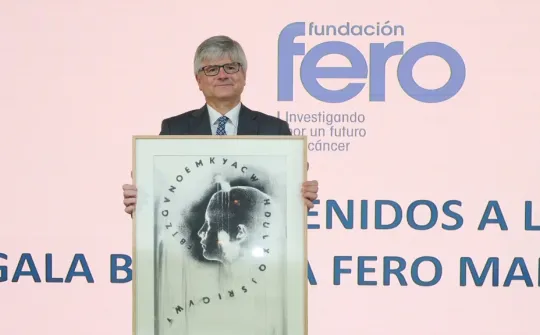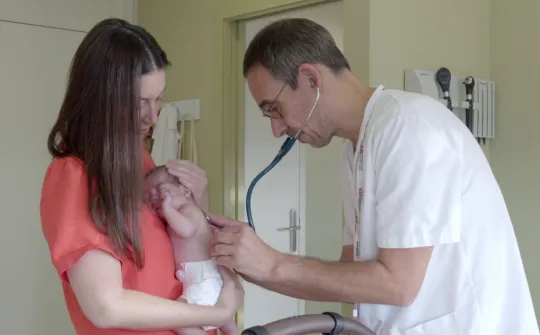
The program's main objective is to improve the etiologic diagnosis of patients with a rare disease and those not yet diagnosed.
The team of doctors and researchers from SJD Barcelona Children's Hospital and the Institut de Recerca Sant Joan de Déu (IRSJD) design the Translational Diagnosis Program to validate genetic variants of uncertain clinical significance in children affected by rare and undiagnosed diseases.
Rare diseases affect fewer than 5 inhabitants per 10,000. Currently it is estimated that there are more than 6,000 rare and ultra-rare diseases, and 80% of them have a genetic origin. The high number of diseases and the variability of clinical symptoms and signs can make it difficult and delay the diagnosis of patients, which prevents adequate therapeutic planning and / or genetic counseling. Furthermore, there is a large group of patients with undiagnosed rare diseases.
Faced with this situation, the Pediatric Institut for Rare Diseases (IPER) of the SJD Barcelona Children's Hospital and the IRSJD have created the Translational Diagnosis Program (PDT) to improve the etiological diagnosis of these patients. You can learn more about the program and its objectives on the IRSJD website.



